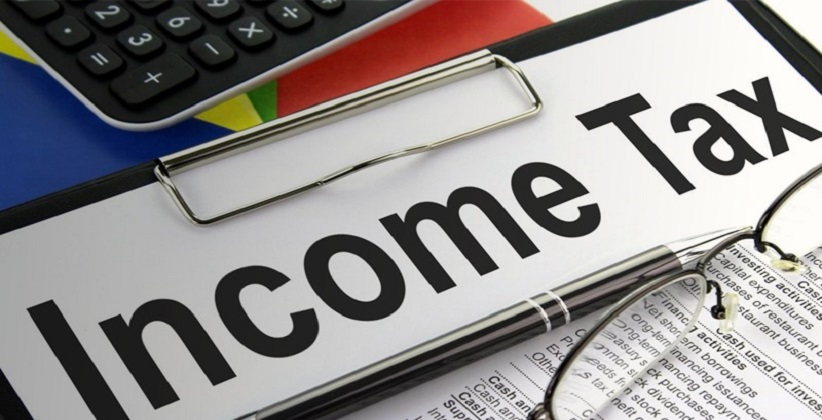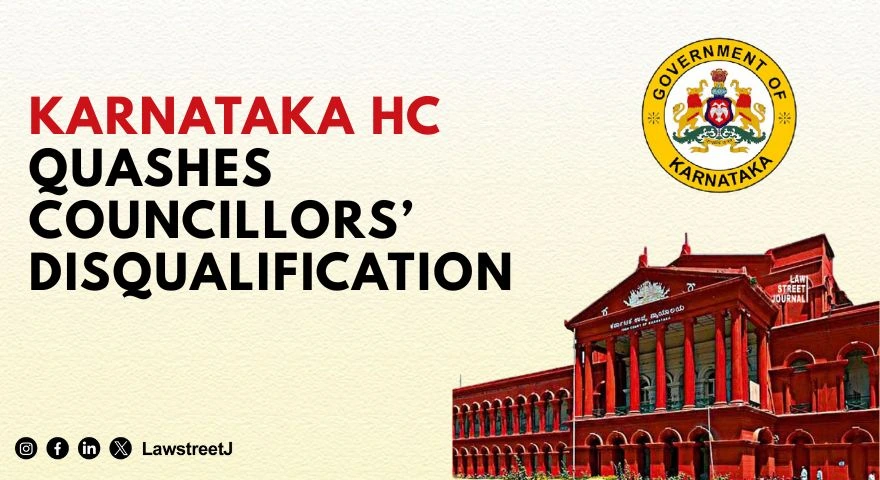Under Section 54 of the Income-Tax (I-T) Act, if long-term capital gains arising out of a house sale are invested in another home in India within a stipulated period of time, then to the extent of such investment, the taxable component of capital gains is reduced. This results in a lower tax outgo.
Thus, if entire amount of long-term capital gains is invested, no tax is payable. Anil Harish, an advocate specialising in real estate, told TOI: I agree with the ITAT view and it is a good decision. Years ago, in 1979, the Bombay high court had held that when a part-payment was made and a right was acquired, this amounted to a capital asset, even though the transaction had not been completed. On the sale of the asset, the surplus was to be treated as a capital gain. This high court order has been the foundation for several other decisions referred to in the recent ITAT order.
In this case heard by ITAT, Mukesh Sohanraj Vardhan, the taxpayer, had treated the benefit of Rs 18.75 lakh received from the builder on cancellation of his dealflat booked in Vardhaman Heights, Bycullaas a long-term capital gain. He had invested a significantly higher amount in another house property within the stipulated time and thus claimed the benefit of Section 54. The I-T officer, though, sought to treat the sum of Rs 18.75 lakh as income from other sourcesa position the commissioner of income-tax (appeals) upheld.
The appellate commissioner was of the view that an incomplete, non-registered letter of allotment cannot be treated as a valid document to determine ownership of the capital assetthe flat whose booking was cancelled. To be considered a long-term capital asset, the flat needs to have been owned for at least two years (for financial year 2011-12 covered in this case, the period of holding was three years). The tribunal relied on an earlier judgment and a circular issued by the Central Board of Direct Taxes (number 471), which stated the property acquired by the allotment letter is to be considered as capital asset for the purpose of exemption from capital gains. Thus, ITAT upheld the capital gains deduction claimed by the taxpayer under section 54.








